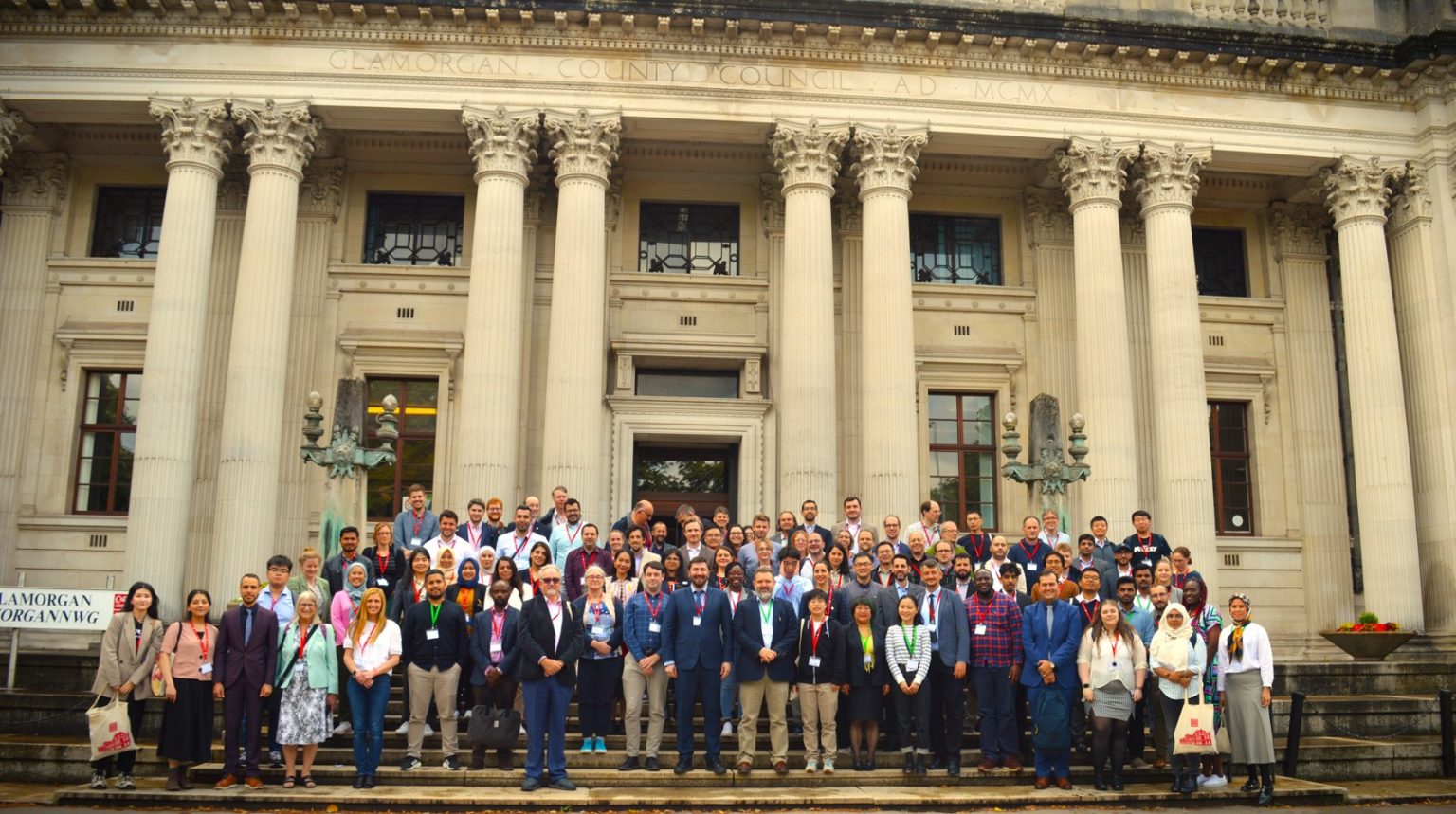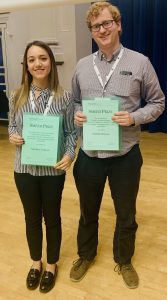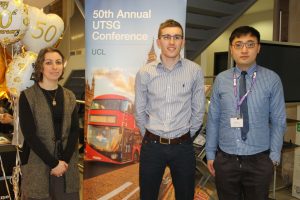Special Issue: Advancing the Study of Intelligent Transport Systems: Selected Studies from UTSG2023

IET Intelligent Transport Systems
Call for Papers
This issue of IET ITS will consist of 8-10 selected papers drawn from the 55th Annual Universities’ Transport Study Group Conference, hosted by Cardiff University in July 2023. The Annual International UTSG Conference is the largest academic transport event in the UK and Ireland. It is a forum where researchers come together to discuss research needs, research in progress and recent findings, and to give research students the opportunity to present papers on their work (www.utsg.net). We expect more than 80-100 papers to be submitted; the authors of the very best manuscripts that are aligned with the journal’s scope will be invited to have their papers considered for inclusion in this special issue. The papers submitted will be subject to a rigorous review process from the UTSG Executive Committee first and then from your typical review process. The papers of our special issue will reveal the range of academic research within the UTSG community, with differing research approaches and areas of study. The common denominator will be how the advancement of intelligent transport systems research is achieved; thus the title of the special issue. When we have the submissions available we will invite the very best papers to be submitted in IET ITS and hopefully we will be able to formulate a more tight thematic direction for the special issue. Our UTSG community will happily help us in building up the special issue by accepting and delivering promptly reviews.
Deadline for Submissions: 15 January 2024
Topics of interest include, but are not limited to:
– Sustainable Traffic Solutions
– Deployments with enabling technologies
– Demonstrations and evaluation
– Economic and behavioural analyses of ITS services and scenarios
– Data integration and analytics
– Electric vehicles
– Intelligent/Autonomous Vehicles
– Connected Vehicle Systems
– In-vehicle ITS, safety and vulnerable road user aspects – Mobility as a Service Systems
– Traffic management and control
– Public transport systems technologies
– Demand management and electronic payment systems – Transport policy and institutional issues
– Human machine interaction
– Education, training and outreach
For more information about the journal please visit IET Intelligent Transport Systems and read our Author Guide.
Please submit your paper via ScholarOne.
In January 2021, The IET began an Open Access publishing partnership with Wiley. The Open Access Article Processing Charge (APC) for articles accepted for this special issue is 2,200 USD. For further information on APCs, and support for APCs including Wiley’s institutional agreements and Research4Life initiative which offers waivers and automatic discounts for certain countries, please see our FAQs.





